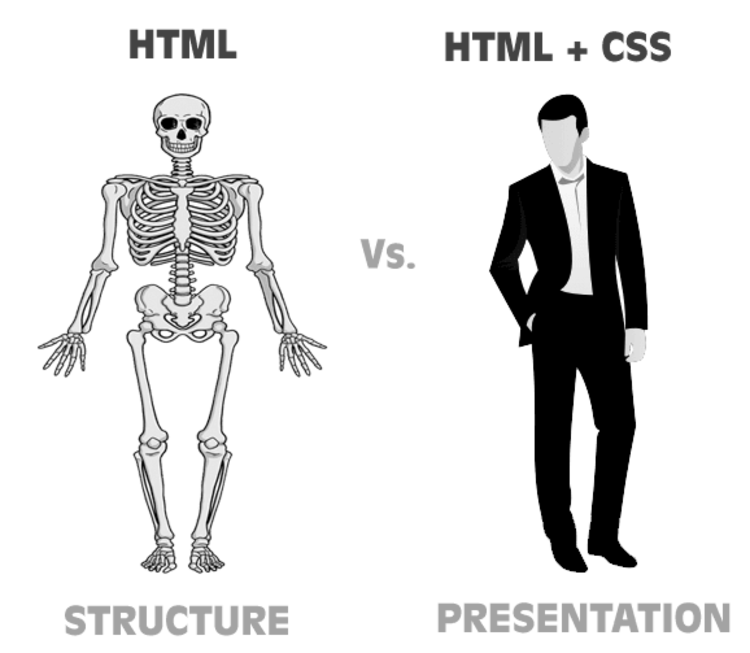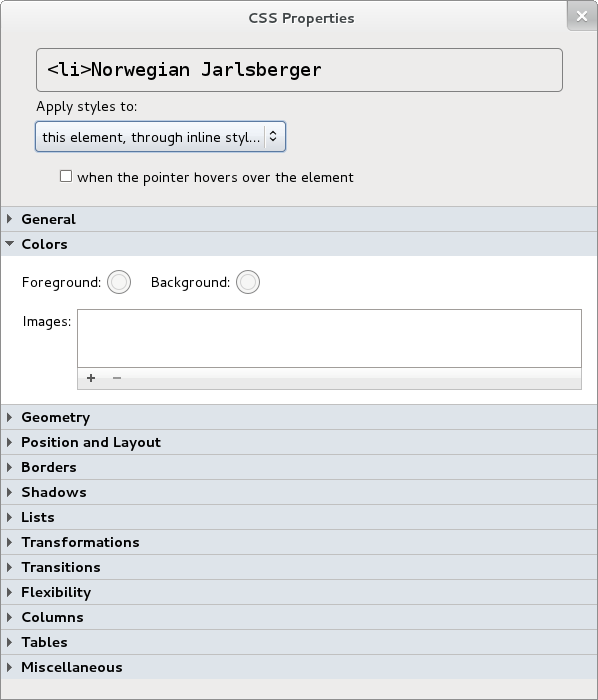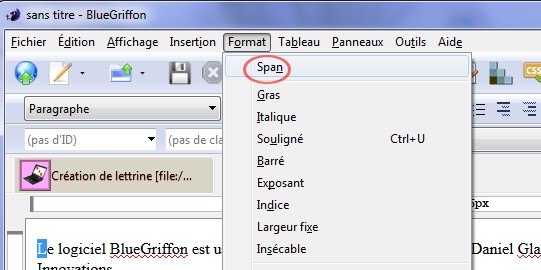
- #Bluegriffon export inline styles to external css code
- #Bluegriffon export inline styles to external css download
You can inline your CSS above then copy the output into your email service provider or codebase. We use this for our own templates and as it is an open source project it is constantly being working on and improved. So, which CSS style will you use? Share with us in the comments section below.Inlined CSS behaves in all email clients but it's not the easiest or prettiest to write.

In this tutorial, you’ve learned the difference between the three types of CSS: internal, external, and inline.
#Bluegriffon export inline styles to external css download
Styling multiple elements can affect your page’s size and download time.Adding CSS rules to every HTML element is time-consuming and makes your HTML structure messy.You don’t need to create and upload a separate document as in the external style.That’s why this method is useful for testing or previewing the changes, and performing quick-fixes to your website. You can easily and quickly insert CSS rules to an HTML page.Here, we add an inline CSS to the and tag: For example, in cases where you don’t have access to CSS files or need to apply styles for a single element only. However, inline CSS in HTML can be useful in some situations. Managing your website may become too hard if you only use inline CSS. This CSS type is not really recommended, as each HTML tag needs to be styled individually. For this CSS style, you’ll only need to add the style attribute to each HTML tag, without using selectors.

Inline CSS is used to style a specific HTML element. Uploading or linking to multiple CSS files can increase your site’s download time.Your pages may not be rendered correctly until the external CSS is loaded.
#Bluegriffon export inline styles to external css code

You can use class and ID selectors in this style sheet.Put the following code right after the tag.Open your HTML page and locate opening tag.However, using this style for multiple pages is time-consuming as you need to put CSS rules on every page of your website. This CSS style is an effective method of styling a single page. Internal or embedded CSS requires you to add tag in the section of your HTML document. There are three ways you can use to implement CSS into your HTML: internal, external, and inline styles. Here’s how Twitter will look like if we disable its CSS: The Difference Between Inline, External and Internal CSS Styles Without CSS, your website will appear as a plain HTML page. You can use it to display some CSS animations like click button effects, spinners or loaders, and animated backgrounds. This style sheet language also allows you to add effects or animations to your website. It controls the colors, fonts, and layouts of your website elements. The Difference Between Inline, External and Internal CSS StylesĬascading Style Sheets (CSS) is a markup language responsible for how your web pages will look like.


 0 kommentar(er)
0 kommentar(er)
